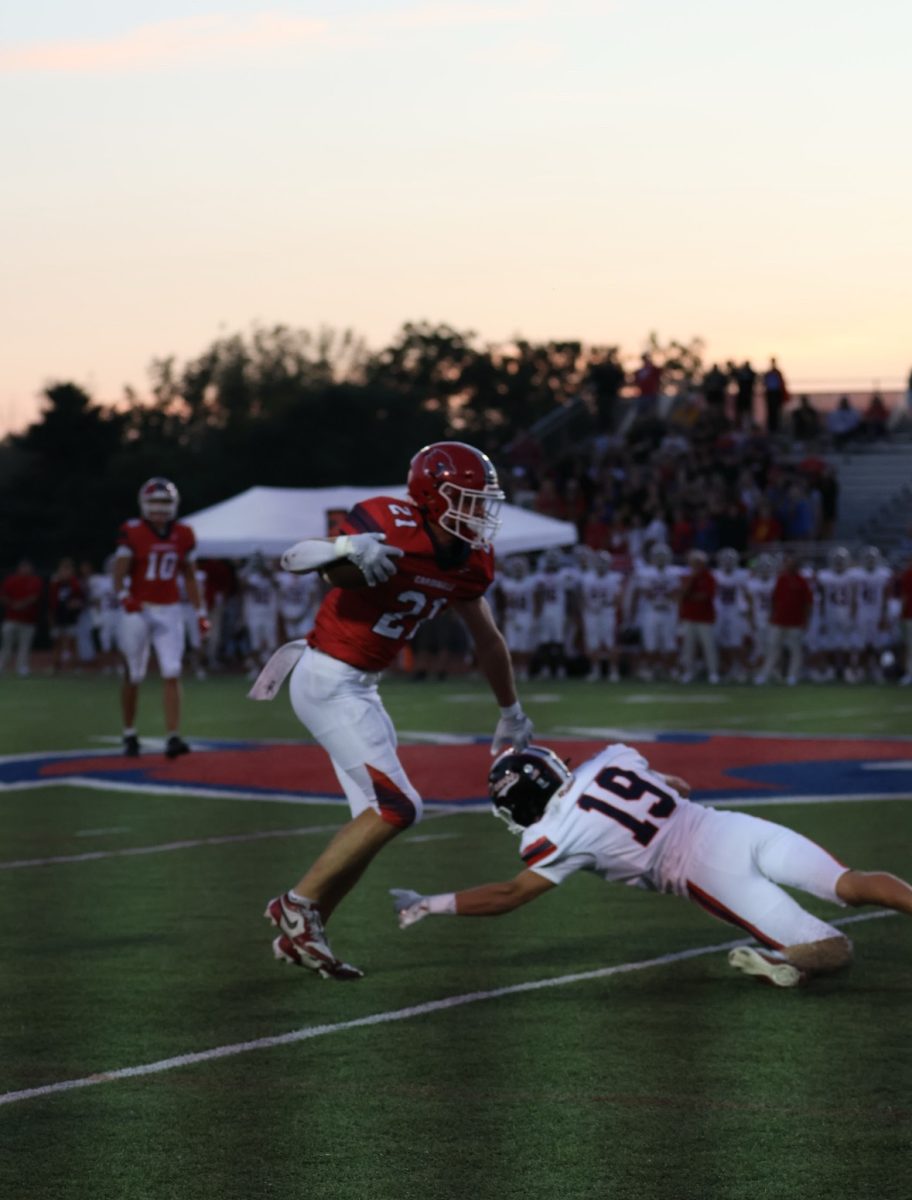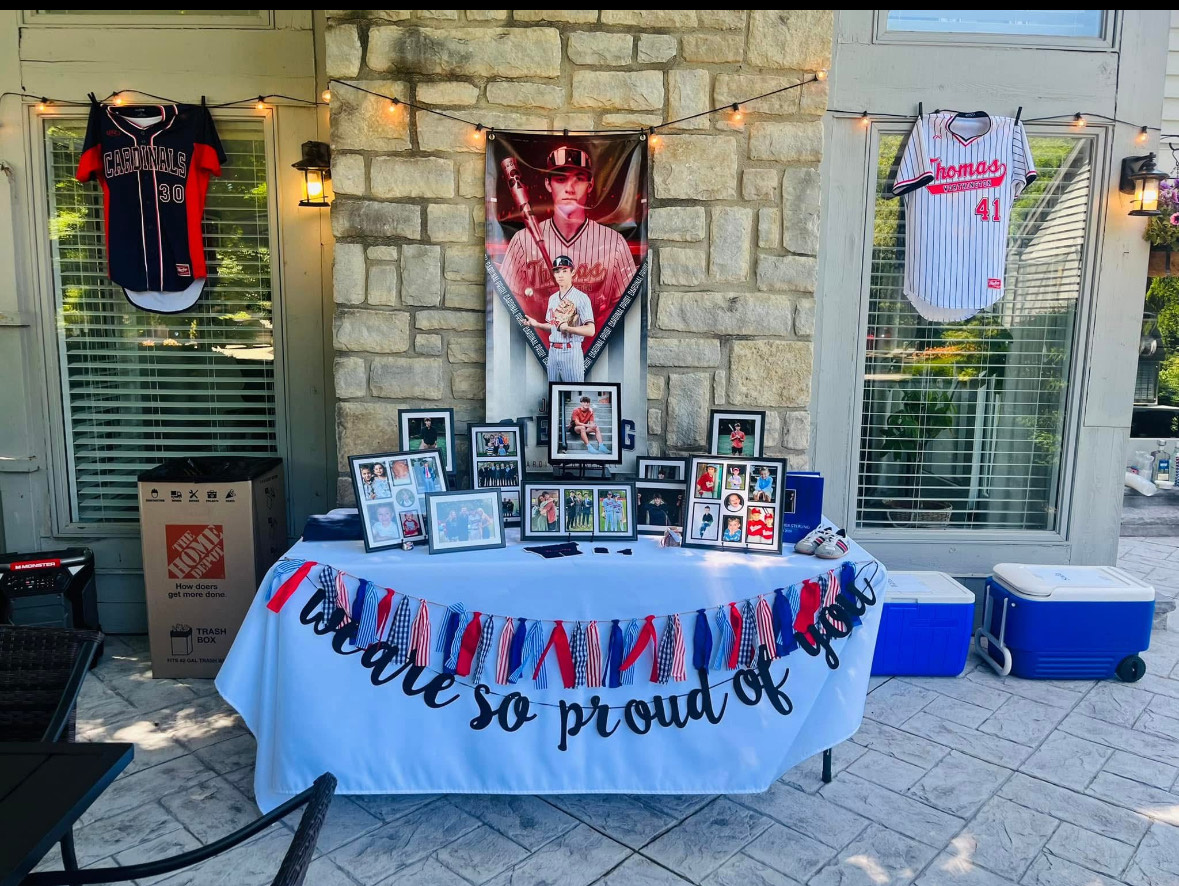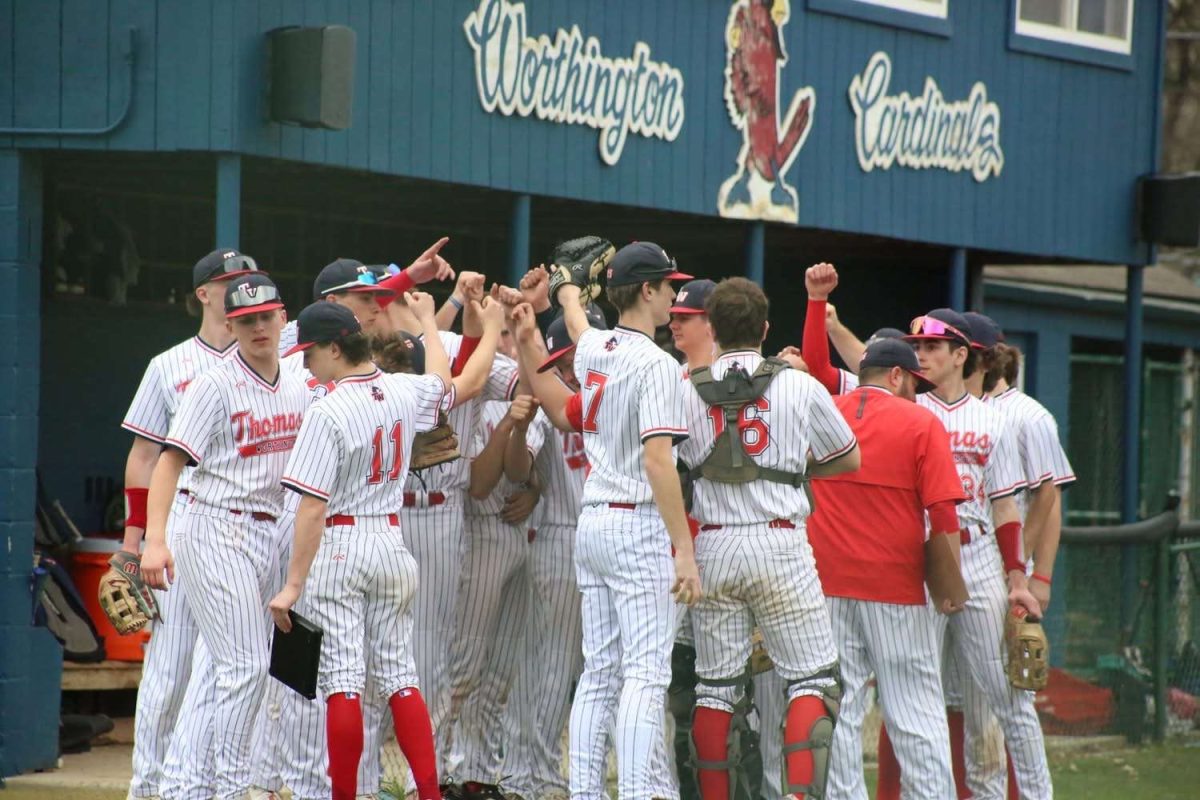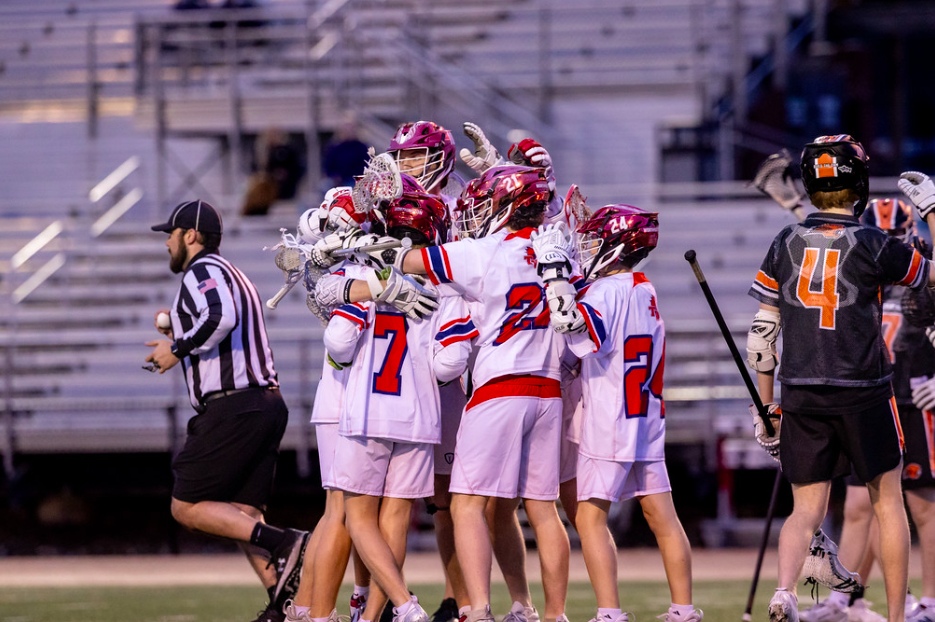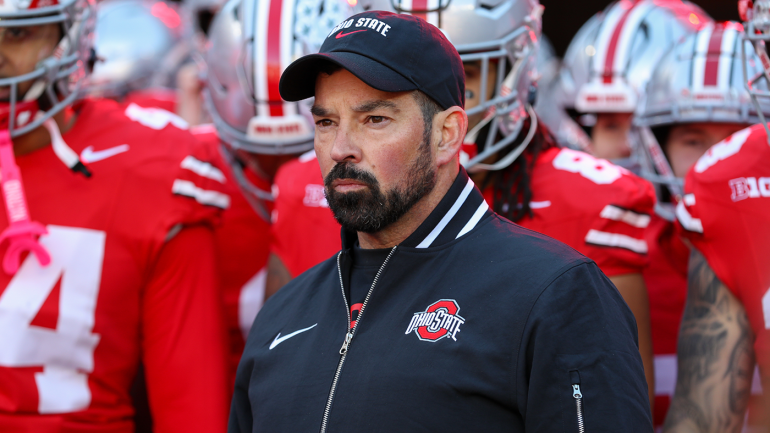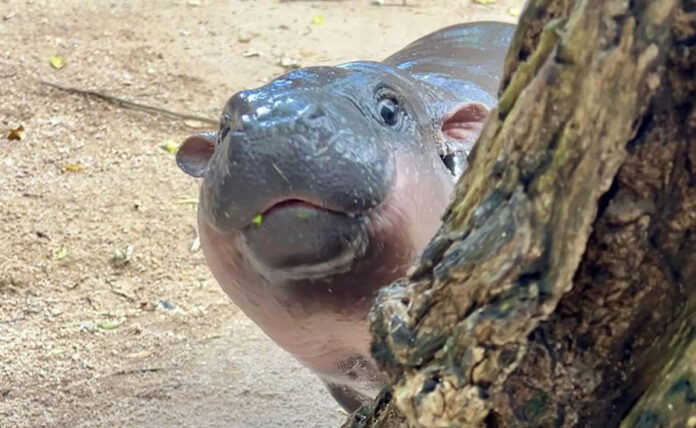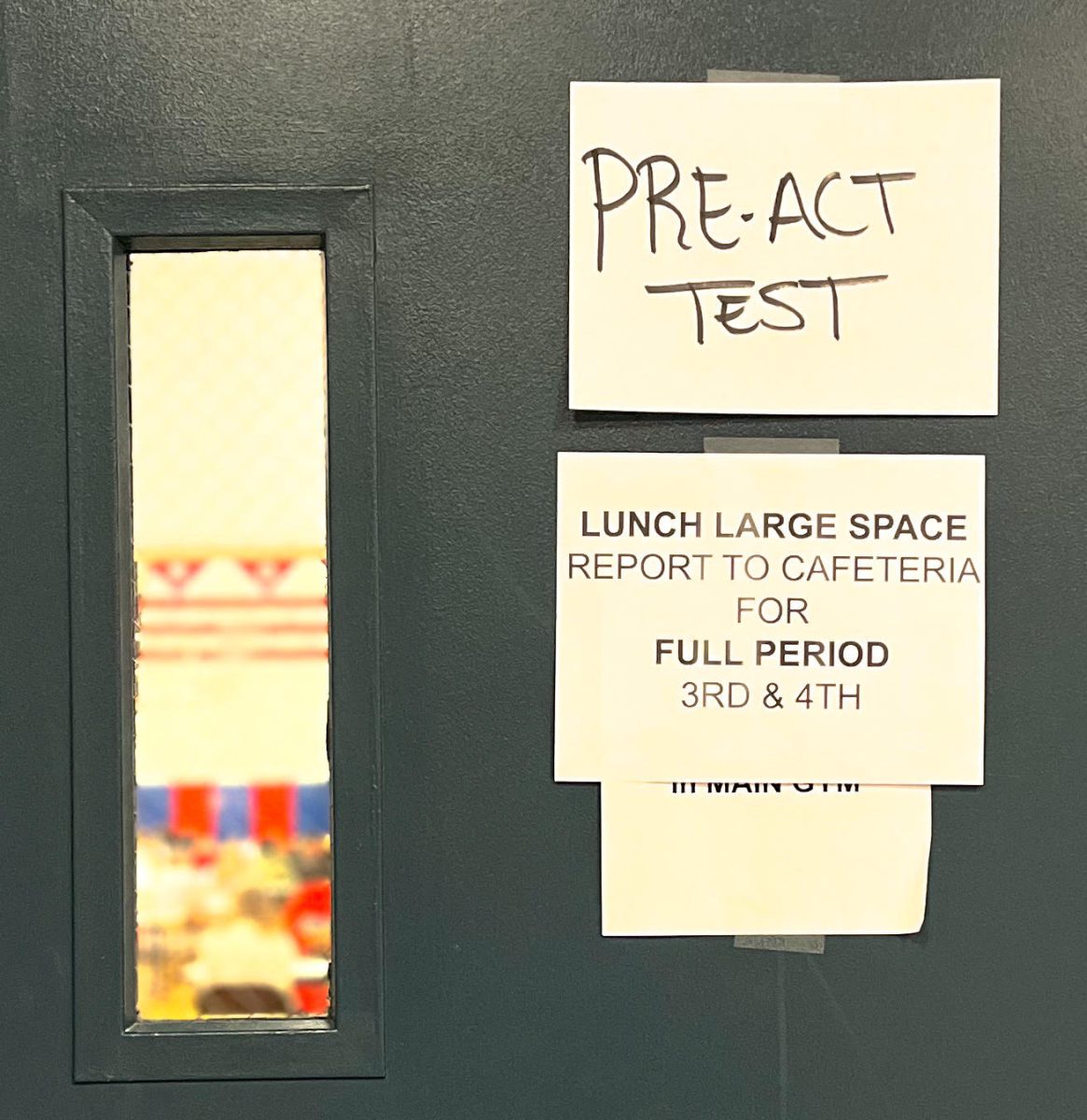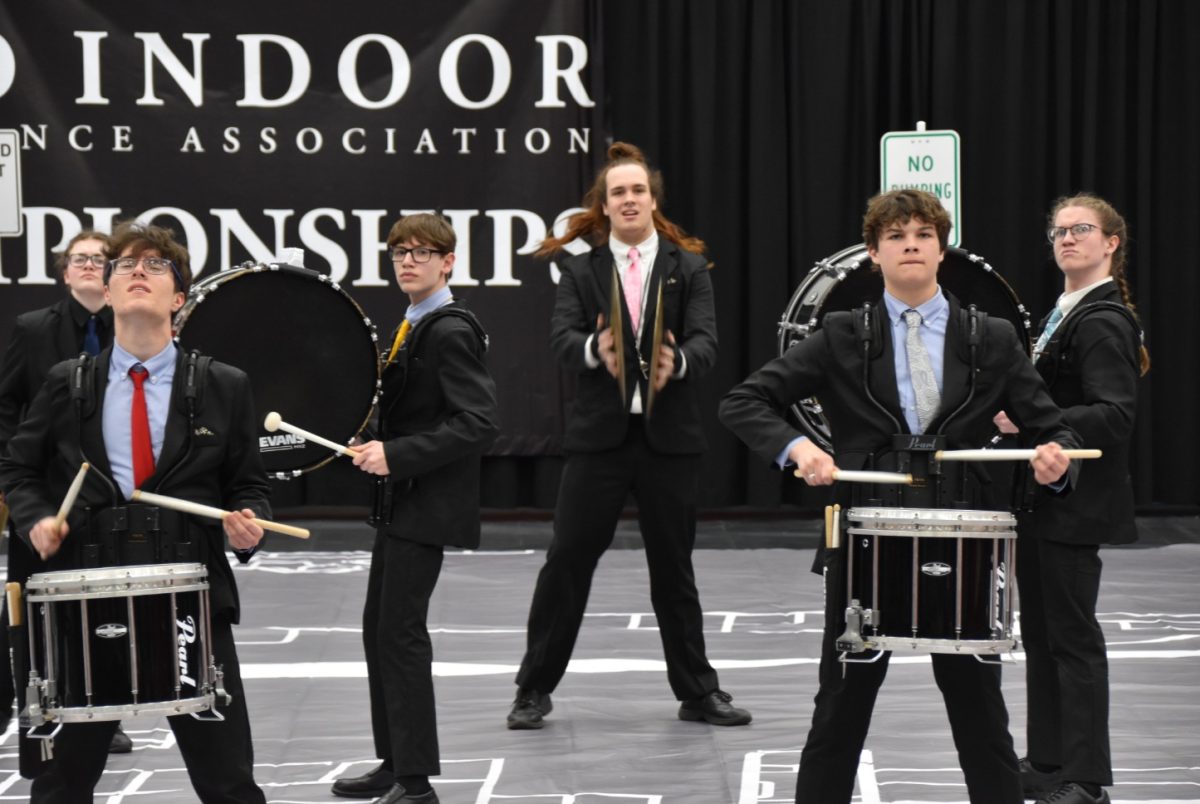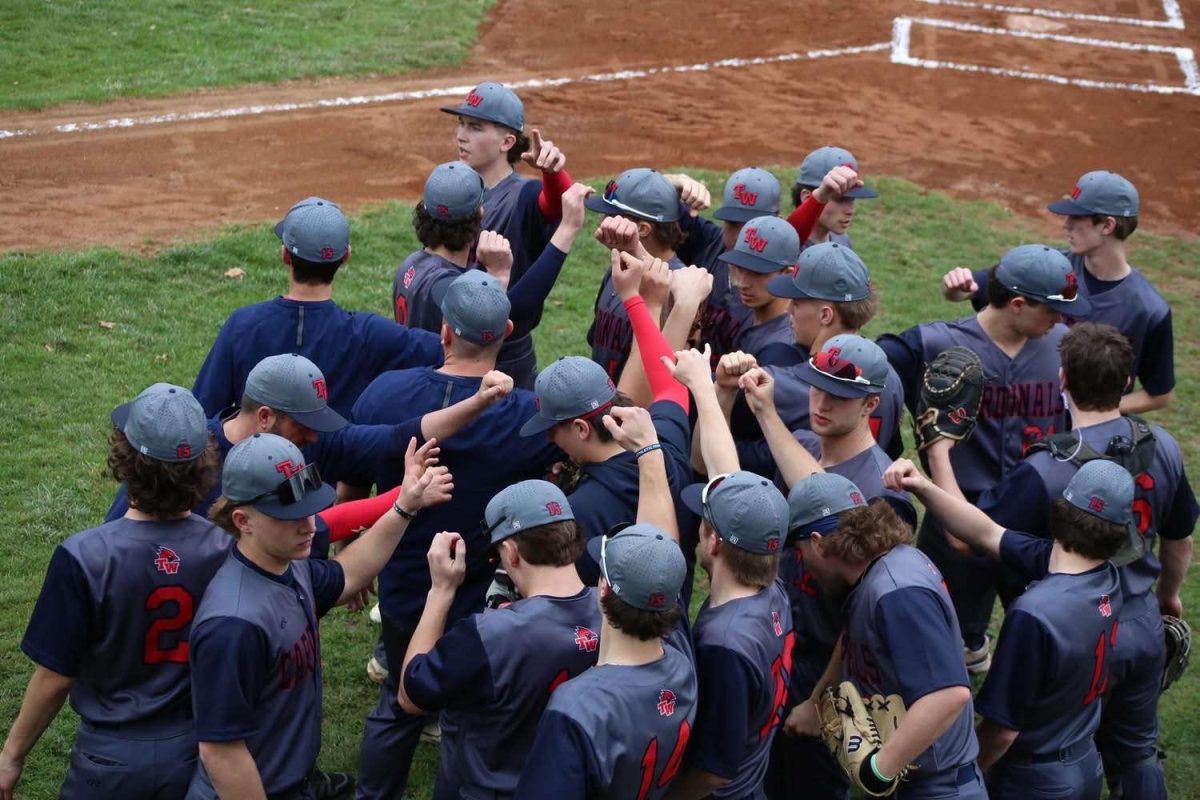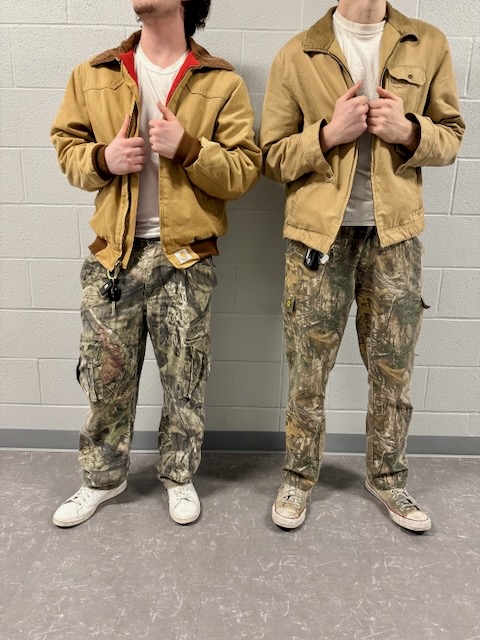The Value in Poli-Rad
April 26, 2016
American Thought and Political Radicalism is a class that many students yearn to take every year. The class originated in the 1970s when a first year teacher Tom Molnar was given the class. The new teacher was merely left on his own to make lesson plans and learning targets. His main concern going into the class was that his political beliefs could skew the direction of the class. Thus, he looked to the students for help, who worked with him to create the ideal fix, the speaker series.
Though the series is beneficial, it is very difficult to bring together. In order to make the class as unbiased as possible current teacher Judy Galasso must get speakers on every side of the political spectrum. To do this she must work out times and dates that directly overlap with both the speakers free time and the class periods. Galasso expects to have 20 speakers this semester. When asked what difficulties she faces with scheduling, Galasso stated, “Getting speakers to give up part of their day to speak to high school students is one of the hardest parts.” Other difficulties are the strict bell schedules and that many of the speakers live out of state. For instance Neo-Nazi Harry Hughes lives in Arizona and instead of flying to Ohio, Galasso arranged for him to Skype our class. Overall, while scheduling is indeed a hassle, it is just all in a day’s work for Galasso to maintain the class’s reputation.
Before the speakers series begins, Galasso teaches the class the political spectrum. In order to fully understand what angle the speakers are coming from, the students must first understand the varying dimensions of politics. The political spectrum is a classification system of different political positions: the further to the left of the spectrum, the more liberal the ideology; the further to the right, the more conservative. Introducing the political spectrum gives the class necessary background knowledge to put into perspective the speaker’s beliefs. It also gives the students an opportunity, outside of their parents’ influence, to formulate their own beliefs and place themselves on the political spectrum.
The speaker series is what sets the class apart from others. It is an opportunity for the students in the class to hear multiple perspectives that they are not accustomed to hearing. One of the most prominent speakers who frequently speak to the class is Bill Ayers. In 1969 Ayers cofounded the revolutionary group Weather Underground. The group was, among other things, mainly protesting the United State’s involvement in the Vietnam War. The slogan of their campaign was “Bring the war home.” In an attempt to bring the war home, they bombed government buildings. The popular bomb sites were the United States Capitol, New York City Police Department Headquarters, and The Pentagon. The group was also said to have involvement in the bombing of a police officer’s house, which killed him and his family. Yet, Ayers isn’t the reckless-radical college student anymore. He is a retired professor from The University of Illinois at Chicago and a free public education activist. Ayers brought a lot to the table as a speaker, yet according to Galasso some parents and organizations were concerned that he was a terrorist and shouldn’t be talking to such a young audience. His beliefs have changed, however. At the end of his presentation during the first semester, he stated, “Don’t be stupid like me when I was younger.” He encouraged students to think for themselves and learn from his past.
Some speakers, unlike Ayers, do not regret the bad decisions they have made and target the younger generation to carry on their legacy. Thus, Galasso’s main concerns when first introduced to the class was that bad speakers would convince students into believing their ideals. During the first semester of the 2015-2016 school year, one of the most dangerous speakers was Harry Hughes. Galasso stated, “He is the nicest Nazi in the land when he speaks to you guys,” yet his past is very dark. After Hughes’s talk, Galasso held a debriefing in which the class learned about his past to hear both the good and bad things about him. When he spoke, he never talked about how he believed that Mexicans were “vicious, cold-blooded people,” as he has said before. Holding a debriefing like this is essential because it allows students to reflect and observe disparity between what a speaker says and facts about the speaker.
Overall, the class has evolved a lot since the first year teacher Tom Molnar drew it up. It not only gives students an opportunity to hear major figures from all sides of the political spectrum, but it also gives students the opportunity to form their own beliefs away from parental influence.

